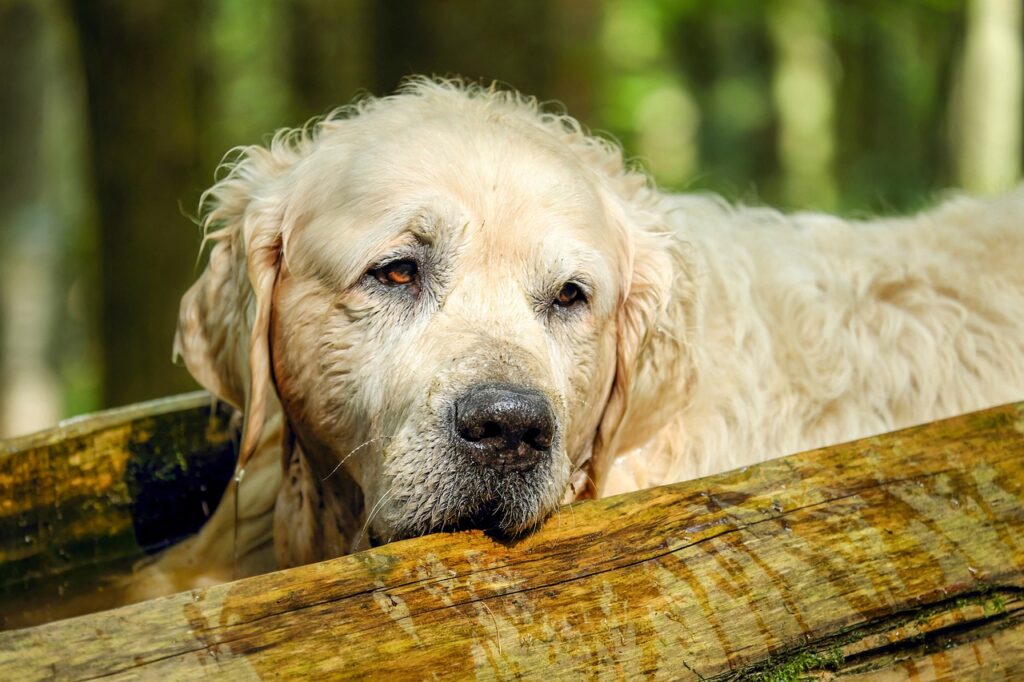Can Dogs Eat Chives? – No, They Can’t
Vigilant pet parents are right to ask before introducing new foods into their dog’s diet, and when it comes to chives, the answer is a resolute No. Chives belong to the Allium family, which also includes onions and garlic, all of which are toxic to canines. The risks of feeding your furry friend chives far outweigh any perceived benefits, and it is crucial to understand the specific dangers that chives pose to maintain your dog’s health and happiness.
Can Puppies Eat Chives?
When it comes to puppies, their developing bodies are even more sensitive to harmful substances. Thus, chives are especially dangerous to them. It’s essential to strictly avoid giving any Allium family foods to your puppy. Their immature digestive systems and smaller body sizes make puppies particularly vulnerable, suggesting even small amounts of chives could cause adverse effects.
Why are Chives Harmful for Dogs?
While chives might be a tasty garnish for humans, they are incredibly harmful to dogs for several reasons:
Allium Toxicity
Allium plants like chives contain compounds that can lead to toxic anemia in dogs by breaking down red blood cells. Aside from severe anemia, this toxicity can cause other significant health issues, sidelining your pet with lethargy and illness.
Digestive Issues
Even in small amounts, chives can cause gastrointestinal distress in dogs. Symptoms include vomiting, diarrhea, and stomach pain, which are certainly uncomfortable for your pet and may lead to dehydration and other secondary issues.
Secondary Complications
Beyond the immediate toxic effects, ingesting chives can cause secondary complications like organ damage. The kidneys, in particular, can be adversely affected, potentially leading to long-term health problems or even life-threatening conditions.
Symptoms to Watch Out For After Dogs Consume Chives
- Lethargy: If your dog seems unusually tired or weak and is showing no interest in daily activities, it might be a sign that they’re experiencing anemia from chive consumption.
- Vomiting/Diarrhea: Watch out for episodes of vomiting or diarrhea, as these are immediate signs your dog’s body is rejecting a toxic substance like chives.
- Breathing Difficulties: Difficulty in breathing or any abnormal breathing patterns may indicate a severe reaction to chives, suggesting a drop in red blood cell count.
Immediate Steps to Take if Your Dog Eats Chives
- Do not panic: Stay calm and assess the situation. Remove any leftover chives from your dog’s reach.
- Call your vet: Immediately seek professional advice by contacting your veterinarian or local animal emergency clinic to get specific instructions based on your dog’s health history and the amount of chives consumed.
- Monitor closely: While waiting for professional advice, keep an eye on your dog for any evolving symptoms and be prepared to relay this information to the vet.
Safe Alternatives to Chives
While chives are dangerous for dogs, there are safe alternatives that they can enjoy. Consider offering your dog these safer food options instead:
- Carrots – Crunchy and full of nutrients, carrots are a great snack for dogs and can help with dental health.
- Apples – As a sweet treat, apples can be refreshing and provide vitamins, just be sure to remove the core and seeds first.
- Cucumber – Low in calories and high in water content, cucumbers can be a hydrating and healthy snack for dogs.
Conclusion
In conclusion, chives are a clear no-go for our canine companions. The presence of toxic compounds in these and other Allium plants means that the potential health risks, including anemia and damage to vital organs, are too great to ignore. For the wellbeing of your beloved pet, always opt for safer, vet-approved treats and maintain a vigilant watch for any accidental intake of hazardous foods.
Frequently Asked Questions
What should I do if my dog eats chives by accident?
Act immediately by contacting your veterinarian or pet poison helpline, and closely monitor your dog’s behavior for any signs of distress.
How much chive is toxic to a dog?
No amount of chive is considered safe for dogs; even small quantities can be harmful due to the toxic properties of Allium plants.
Are chives as dangerous as onions for dogs?
Yes, chives are similarly dangerous as they belong to the same plant family as onions, all of which contain substances that can lead to toxicity in dogs.
Can chive poisoning be treated?
Yes, with immediate veterinary care, the effects of chive poisoning can be managed, and supportive treatments can be administered to help your dog recover.



